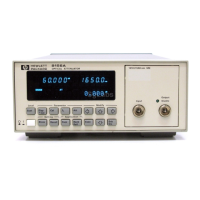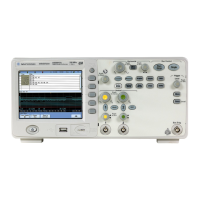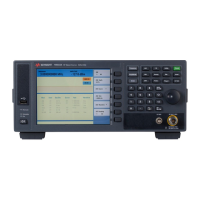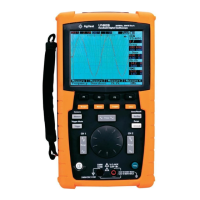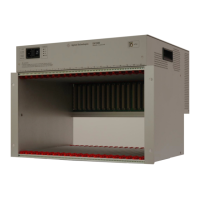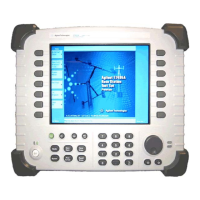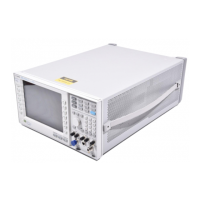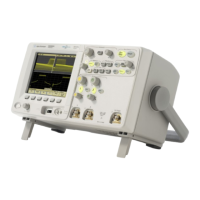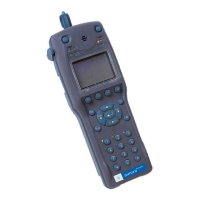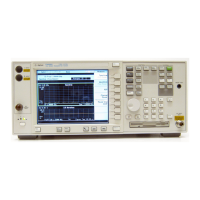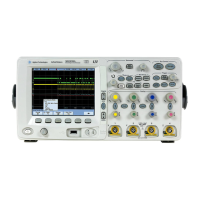Lesson 3 – Setting Up the Digital Capturing
338
Parallel Transfer Mode
In serial mode, only one pin must be selected in the vec
variable pins field. When selecting "serial", an additional
entry field is made available in the dialog window to specify
the number of bits per sample. With n specified as the number
of bits per sample, the first n captured bits (after the initial
discard) of the selected pin will be interpreted as the first n-
bit sample, and so on. The first bit of each series of n bits
becomes the Most Significant Bit (MSB) of the n-bit sample,
the n-th bit becomes the Least Significant Bit (LSB).
Serial Transfer Mode
5
Fill in the remaining specifications of the vector variable:
(The example below illustrates how these specification determine
the sub-set of captured data.)
init discard: the number of initial samples to be skipped.
nr vec per frame: the number of samples (the term vector is
here used as a synonym for a n-bit sample) that form one
frame. A frame is a block of consecutive samples.
Note: If the value of nr vec interdisc is > 0, the number that
must given here is the number of not discarded samples in the
frame, that is (number of consecutive samples) DIV (nr vec
interdisc).
nr of frames: the number of frames
nr vector interdisc: the number of samples (the term vector is
here used as a synonym for a n-bit sample) to be skipped
between samples. For example, with a value of 1 this allows
you to read every second sample from the vector memory
(Sample 1, 3, 5, ...). This would retrieve the samples as if they
pin_1
pin_2
pin_3
1 0 1 1 0 ...
0 1 0 0 1 ...
1 0 1 1 0 ...
Sample (3 bits)
1 0 1
0 1 0
Captured Data
pin_1
1 0 1 1 0 0 1 1 0 1 0 0 0 1 0 ...
Sample (3 bits)
1 0 1
1 0 0
Captured Data
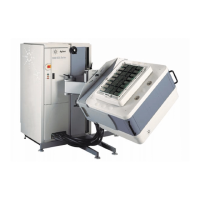
